Oliver Burkeman has a provocative article on Why Time Management is Ruining Our Lives.
Burkeman looks at the downsides of the search for efficiency: it can increase stress, reduce creativity and often doesn’t have the productivity benefits expected.
He tells the story of Merlin Mann,who invented the idea of inbox zero, and unexpectedly became feted as a time management guru. He even got commissioned to write a book. But in the process of writing it, Mann became increasingly sceptical of the message he was promoting.
“I was producing stuff that had the express purpose of saying to people, ‘Look, come and see how to do your work, rather than doing your work!’”
Burkeman goes on to cite Tom de Marco, a celebrated innovator:
“The best companies I visited, all through the years, were never very hurried,” DeMarco said. “Maybe they used pressure from time to time, as a sort of amusing side-effect. But it was never a constant. Because you don’t get creativity for free. You need people to be able to sit back, put their feet up, and think.”
We think facilitators should keep this in mind when being pushed to micro-manage meetings into 20 minute chunks, each with a specified outcome. All these efforts to make meetings efficient are often counterproductive. The most valuable intervention can be to create space and slack time that allow people time to reflect and connect differently. Participants are often startled at how much more productive they become when they rush less and listen and reflect more.
It’s worth designing your meetings with this in mind, and resist the many pressures you may come under to add “just one more” item to the agenda. It takes a certain amount of courage to do this, but we think it’s worth it.
